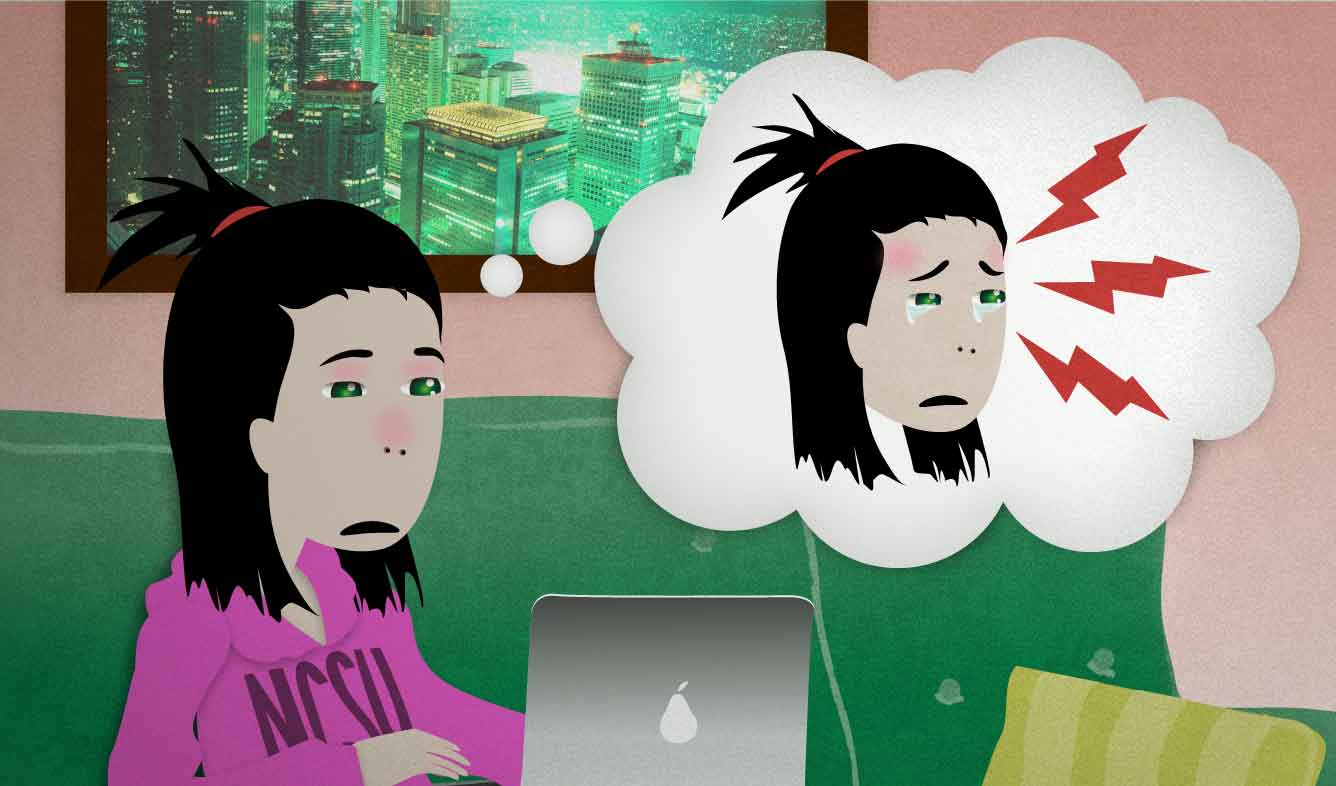“I've been having excruciating sinus headaches for the last few days.”
You're feeling sick with a sinus infection. You were supposed to meet a friend for dinner tomorrow evening, but you don't think you're going to feel better by then. You write this in an email to explain why you can't make it.
I've been having excruciating sinus headaches for the last few days.
Want Video and Sound? Follow us on YouTube

(someone) has been having (something)
The expression "have a headache" already uses the word "have". So when you're explaining that this has been happening for some length of time and hasn't finished yet, you explain it with "have been having". Here are some other examples:
We've just been having fun.
Have you been having problems with your Internet connection lately?
have a headache
Explain a headache with this expression:
I have a headache.
Lots of other health problems also use "have":
have a cold
have a heart attack
have HIV
have pimples
excruciating (pain)
If something is "excruciating", it means that it's very, very painful. Use this word when you want to make something sound much more painful than just saying "very painful" or "extremely painful".
Because "very" is already included in the meaning of the word "excruciating", it sounds strange to say that something is "very excruciating". Adjectives like this are sometimes called "ungradable" or "extreme" adjectives. Here are some more examples:
The word "excruciating" can be used in these phrases:
excruciating pain
an excruciating headache
excruciating agony
sinus headaches
Your "sinuses" are open areas inside your head. They connect to your nose, ears, and throat. Usually these areas are filled with air, but sometimes they can get "stuffed up" with mucus because of a cold, or they can get infected by bacteria and become very painful.
A "sinus headache" is a headache that you get because of a problem with your sinuses.
for the last few days
You might also hear people say "for the past few days". "Last" is a little better in written English, but both are OK:
"I've been having these excruciating sinus headaches for the past few days."
